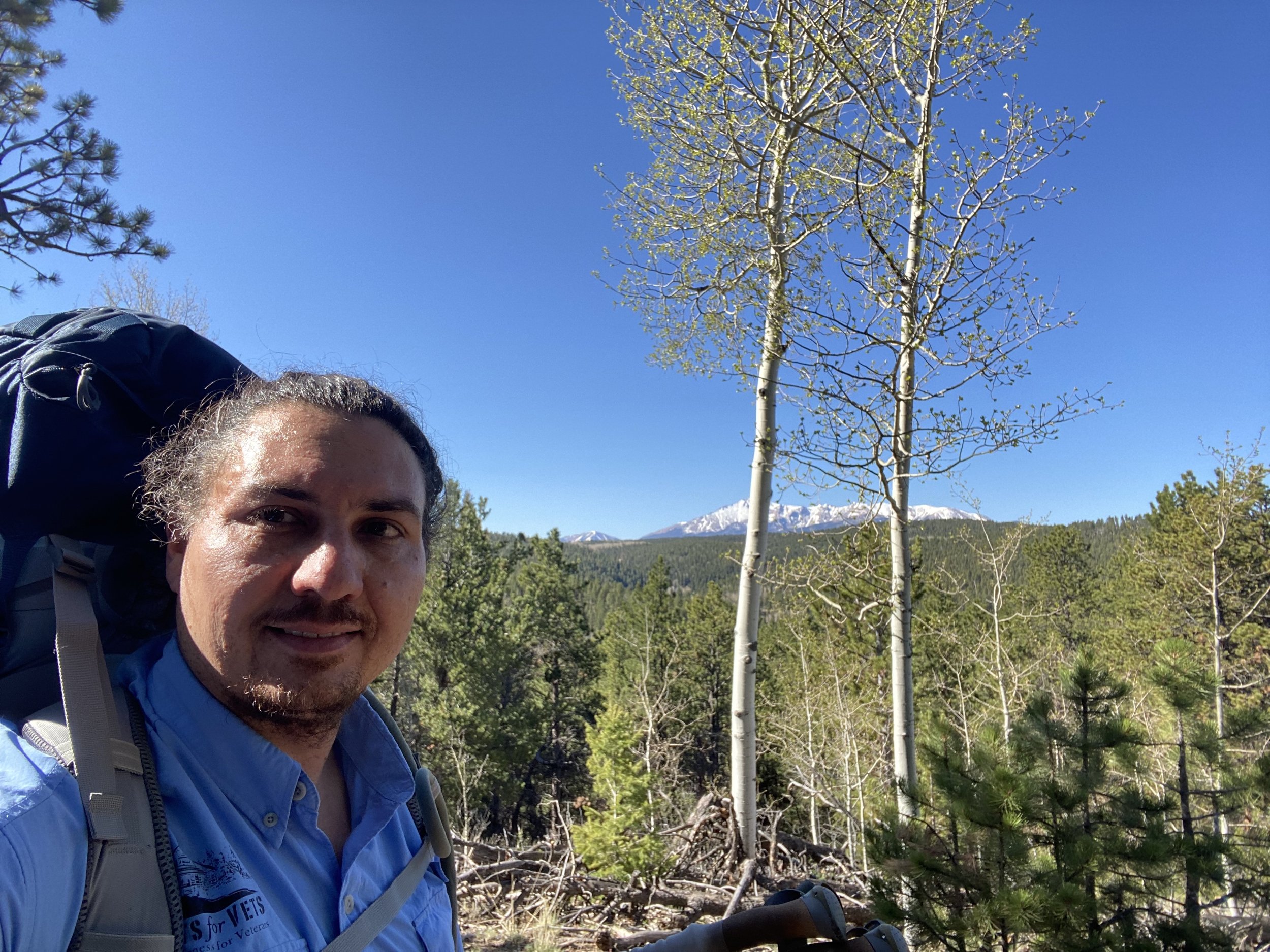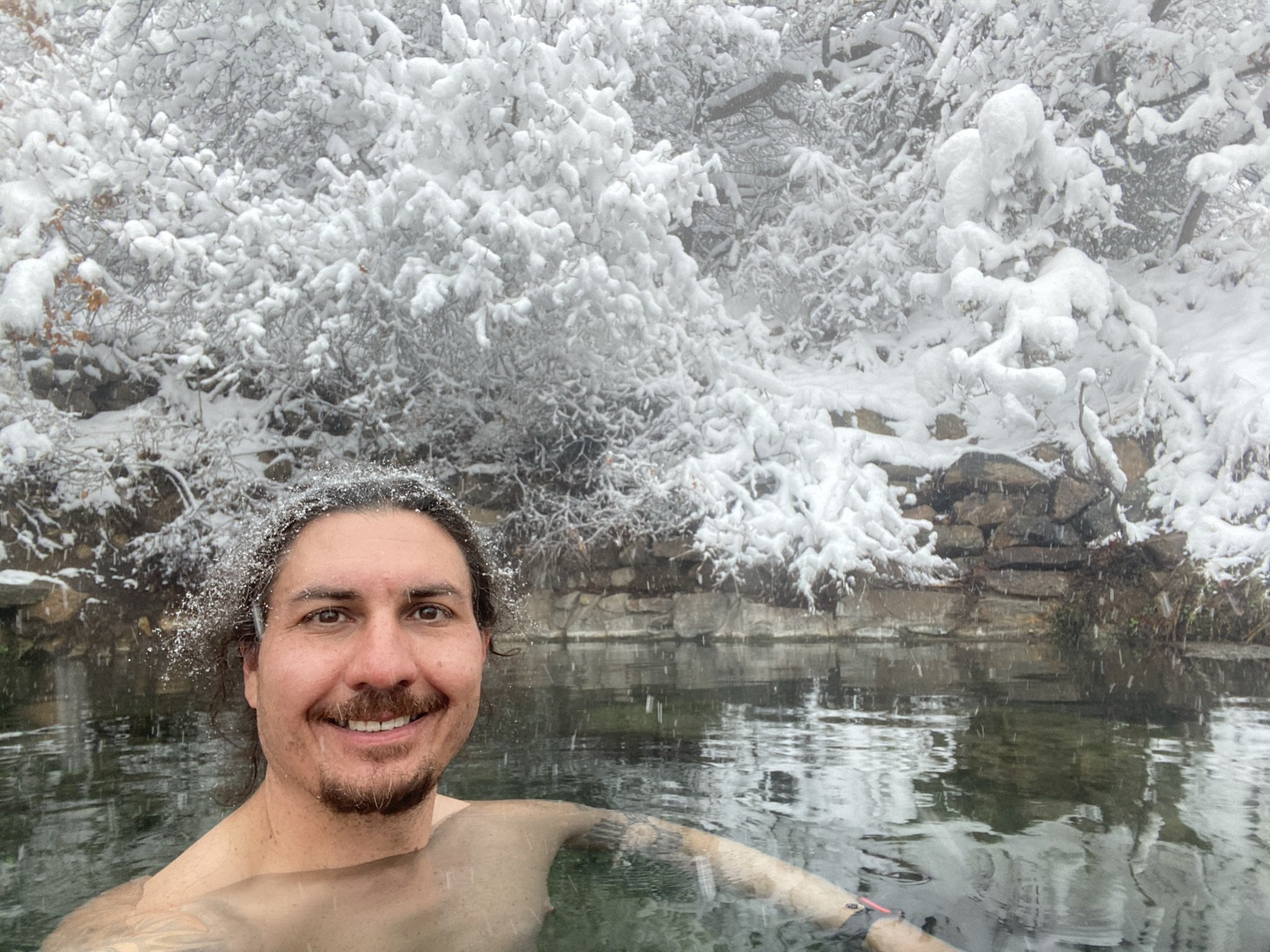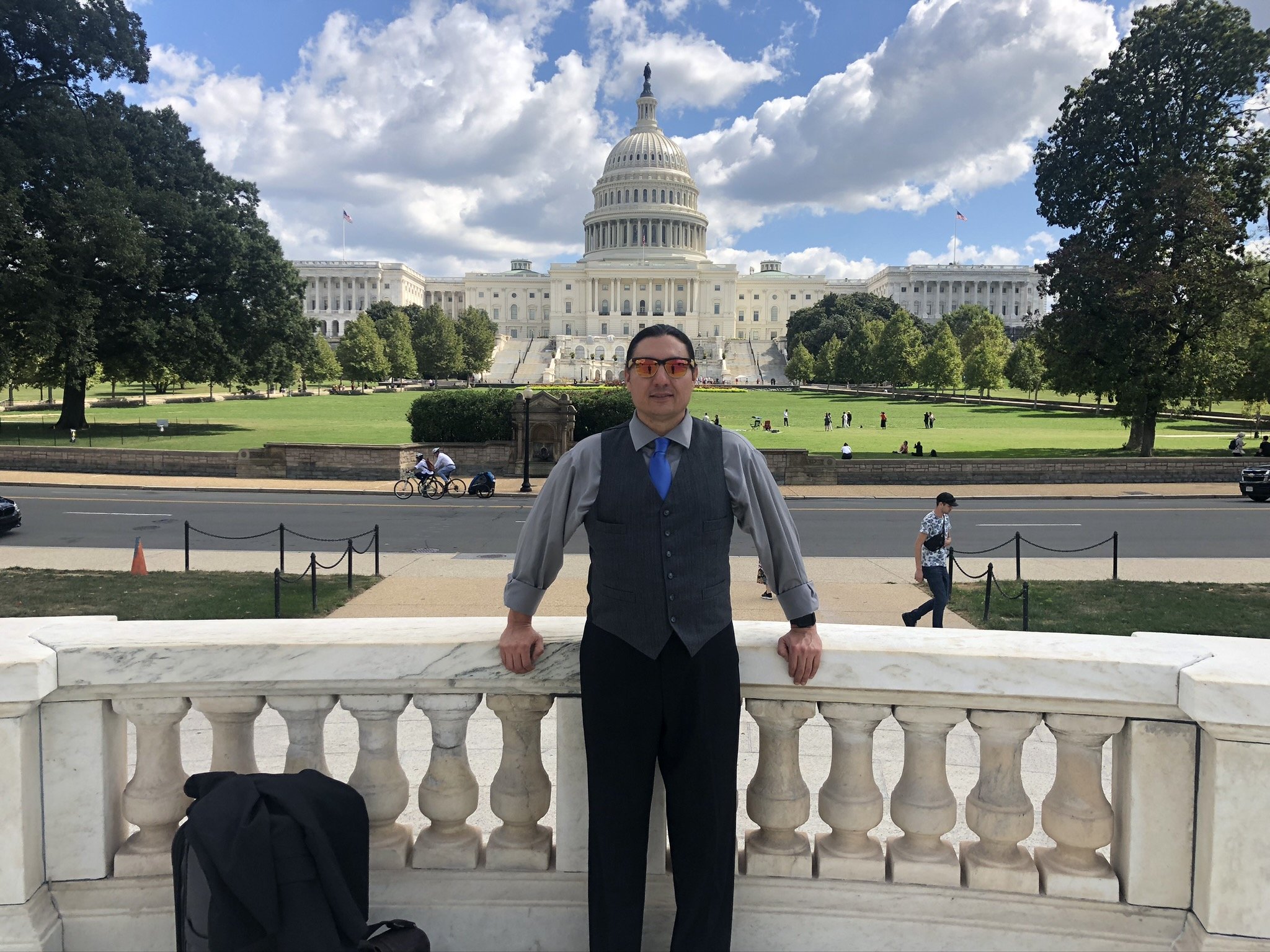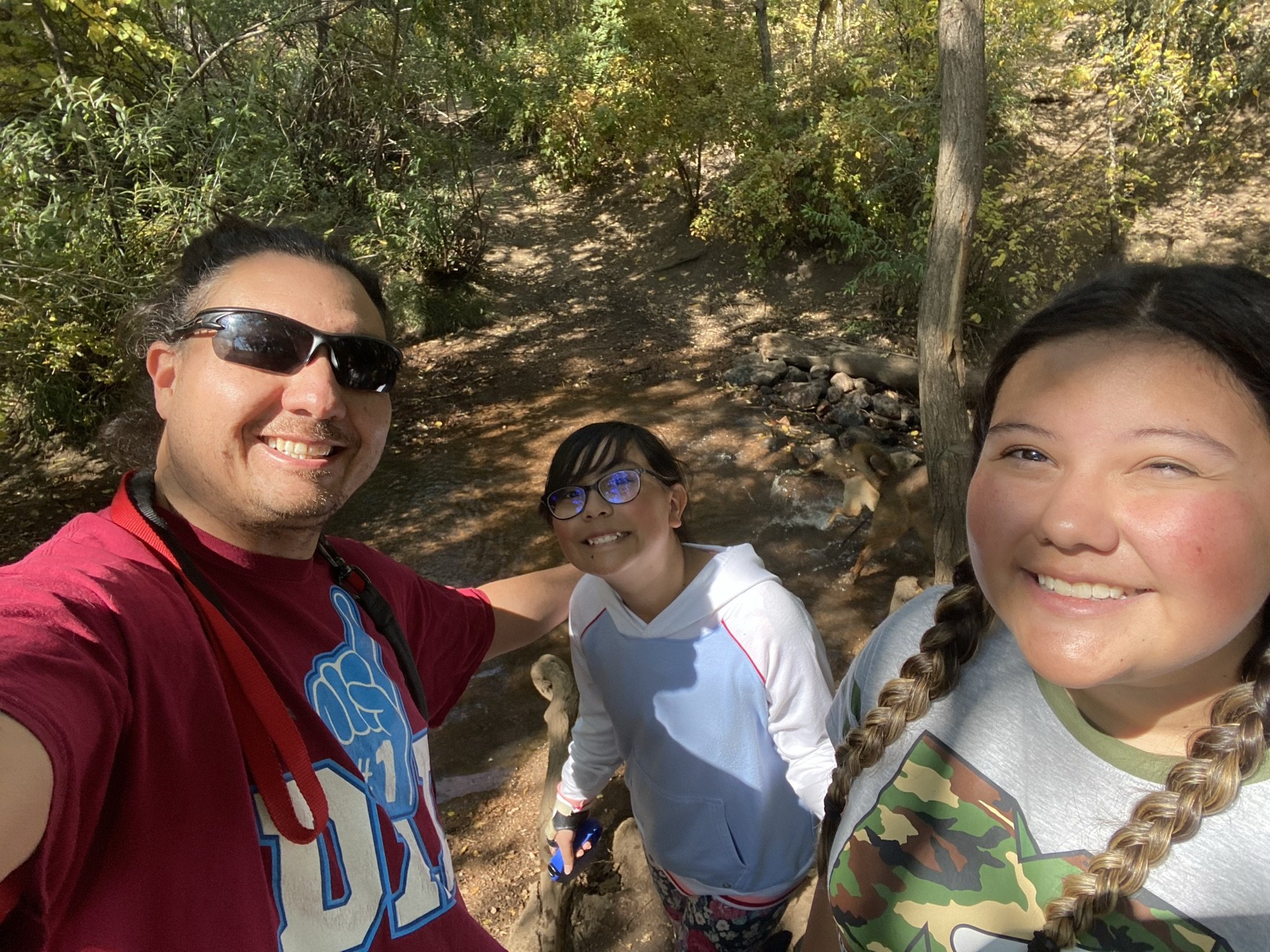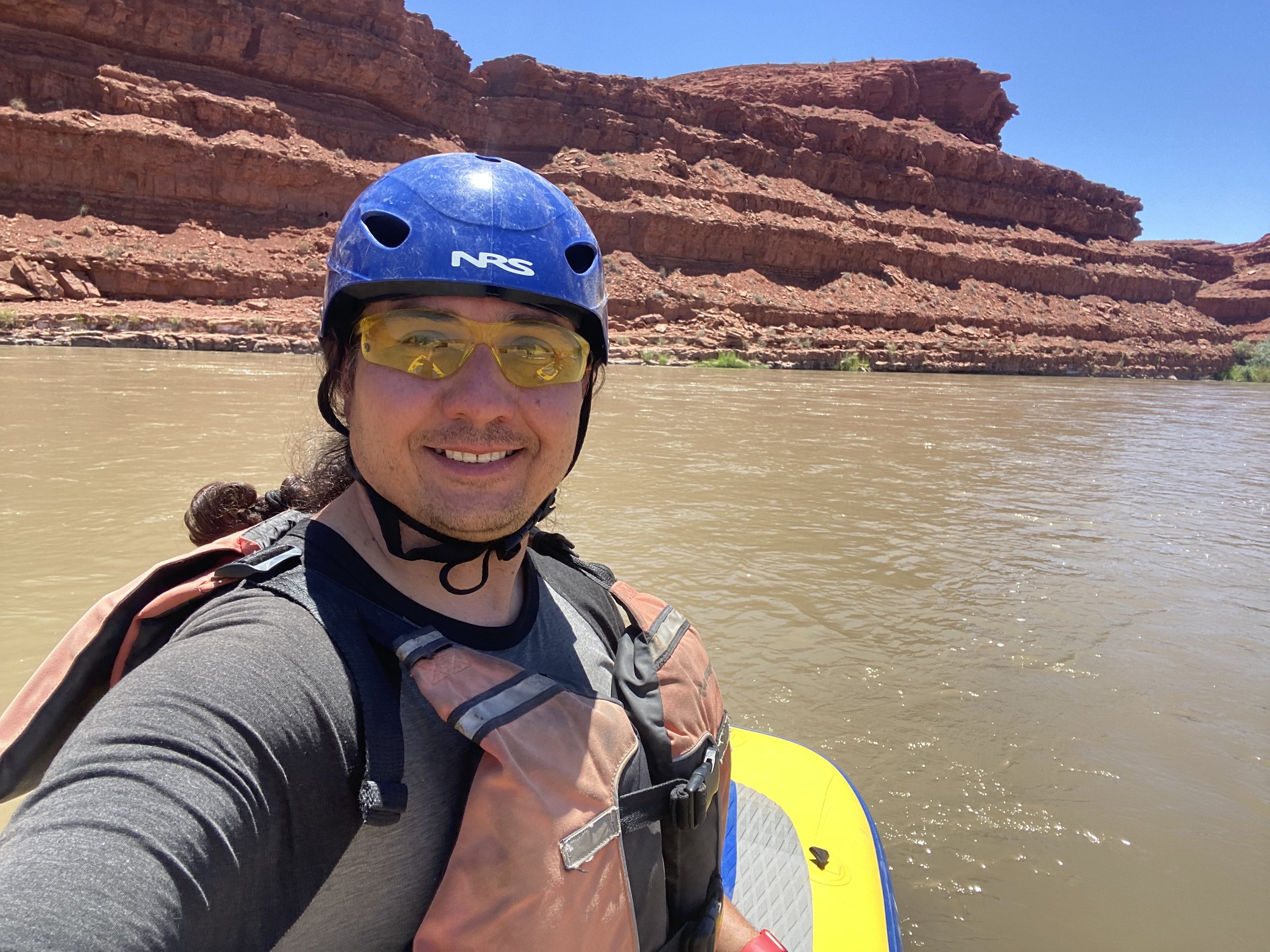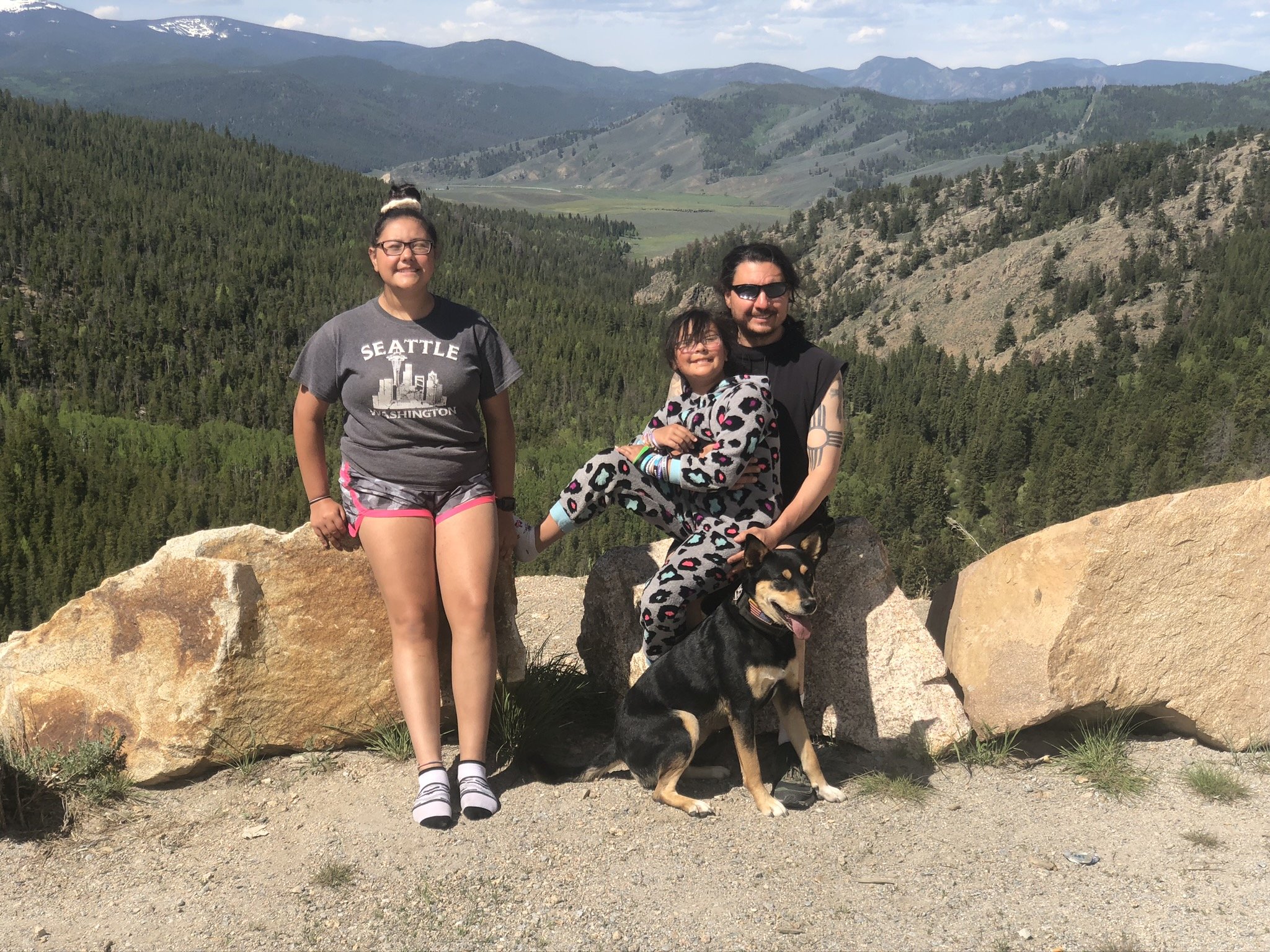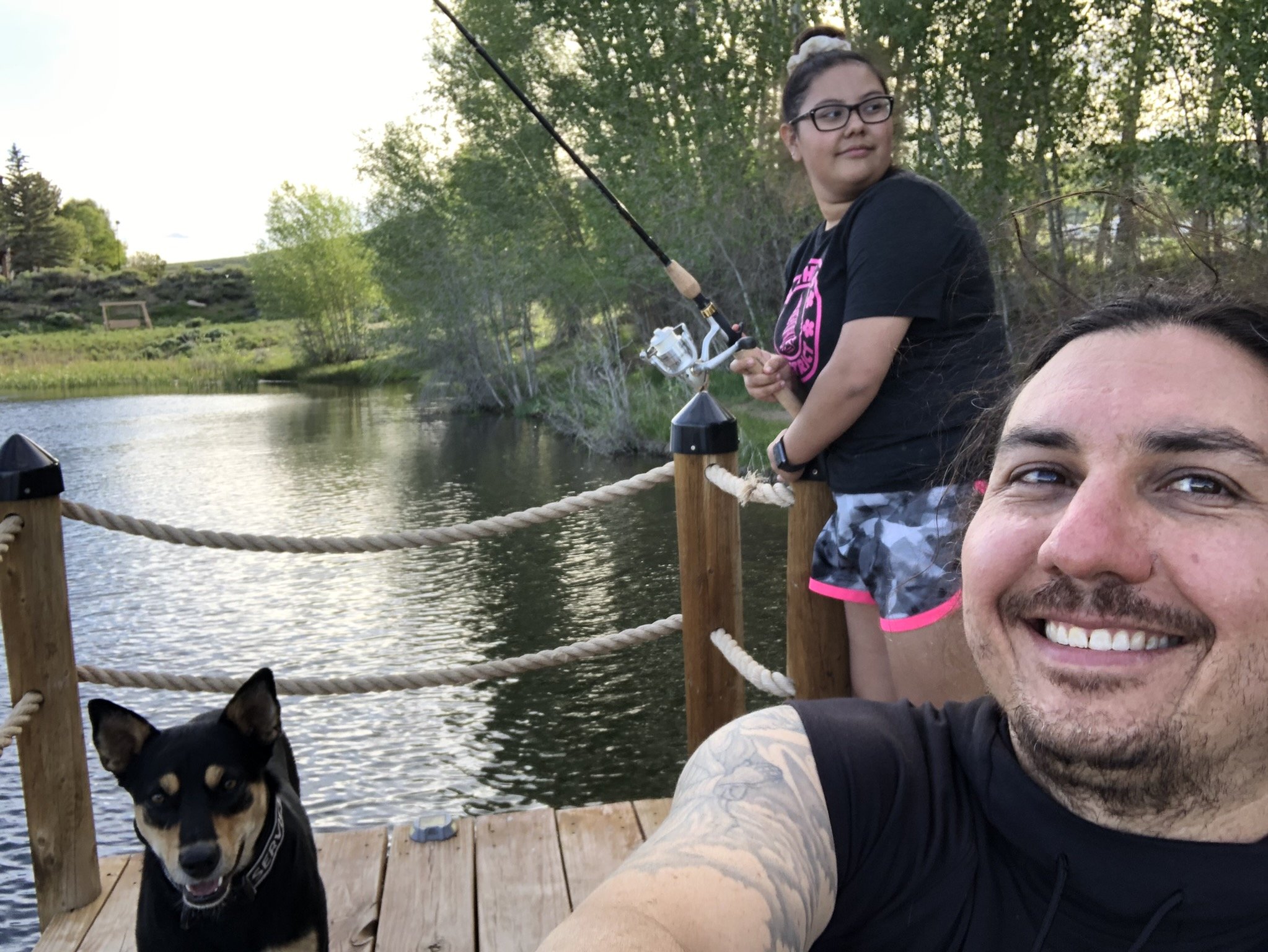Guest Blog: Reconnecting to the Outdoors Changed my Life
Written by Donald Martinez
A few years after I returned from my second deployment to Iraq in 2006, I was medically retired from the United States Army for injuries sustained during combat and returned to my home town, Colorado Springs, Colorado. Ever since then, I’ve worked hard to recover and develop the necessary skills to transition back to civilian life.
A major influence in helping me find recovery has been reconnecting to the childhood relationship I had with the outdoors. Wilderness therapy, as many people call it, has been instrumental in my recovery. Being a Southern Colorado Native, growing up in the mountains of Colorado provided me a home that I could always go to, a gift passed on by my mother. I was born at the US Air Force Academy and raised in Southern Colorado. My mother and her side of the family have long lived in Southern Colorado, and northern New Mexico, giving me the opportunity to travel around and visit family all over the region. A popular saying in my family is that we didn’t cross the border, the border crossed us.
In high school I was a part of the Environmental Club and would take trips all over Colorado at different times of the year. From cross country skiing to running marathons to week long camping trips with family, my early years involved being connected to the outdoors.
Growing up, we were always outdoors. Camping was a regular family activity, but I’d have to say that my favorite was (and continues to be) exploring the hot springs of Colorado. I remember once my mom took us to Mount Princeton Hot Springs, and we’d go out into the creek where the cold water was running off the mountain. The water from the spring is hot, but when it merges with the creek, little beds of water form that you can just lay in. Those are some of my favorite childhood memories, snow falling around us and we’d be in our swimsuits.
I joined the army after graduating high school, and started my career as a member of the National Guard in New Mexico. I became active duty soon after 9/11. I deployed to Iraq in 2004-2005, and again in 2006, then was medically retired in 2008.
When I returned to Colorado Springs, I found a PTSD program that incorporated wilderness therapy into their program called Huts for Vets. They take veterans up to the mountains for a few days and provide them with an amazing opportunity in the mountain peaks near Aspen, CO. The program happens every summer and brings in veterans from all over the country to participate in this unique opportunity.
A lot of veterans say that the army killed camping for them, and for about five or six years, that was true for me as well. My path towards recovery has been to step outside of this comfort zone I have created since separating from service and to reestablish my connection with mother earth. By including my children, I am not only able to find that reconnection to the outdoors, but I also get to pass on what my mother passed on to me, my connection to nature. This not only helps with my mental health and recovery, but it also creates lifelong memories for my kids. I am able to strengthen my connection to the natural landscapes and it’s become something I rely on for my physical, mental, and emotional health.
The biggest lesson I’ve learned with this practice is that time matters. An excursion can take anywhere from two hours to days, and that time really matters. I’ve learned that for my own personal practice, three-day trips with a two-night minimum provide the reset I’ve come to depend on to strike balance. Being outdoors either by yourself or with a group, exposing yourself to the elements that remind you of your humanity are grounding.
I’ve learned a lot since I’ve started this journey, but something I’m eager to convey to my peers is that the outdoors can be for anybody. There are so many activities to try, from snowboarding to angling to hiking. Finding your rhythm is as easy as aligning your interests with an outdoor hobby. Even if it’s soaking in a hot spring in the mountains, enjoying the moonlight and the spectacular views of the milky way.
Through this all, I’ve learned how important it is to advocate for the landscapes that so many of us enjoy – from national parks and wildlife refuges, to local parks in urban areas. That’s why I flew to Washington D.C. to advocate for important legislation like the Land and Water Conservation Fund (LWCF), that safeguards natural areas, watersheds, and improves outdoor recreation opportunities. The last time I flew out, I brought my eldest daughter with me to make sure she understood how things work on Capitol Hill, and so that she could have firsthand experience of what it’s like to advocate for a policy you strongly support.
Ensuring that I’m leaving behind a legacy, and teaching my daughters about how important these connections are is a priority for me. Every summer I take them camping with me, and a tradition they’ve picked up on and grown fond of is horseback riding. Taking my daughter to D.C. with me is something I hope she’ll carry with her forever, and catalyze her own lifelong advocacy goals. I want to make sure that future generations have access to the outdoors, but that can only happen if they have “outdoors.” So, I’ll continue to teach younger generations that we have to take care of these places for them to continue to exist, so that we can continue to enjoy them.
CPT Donald E. Martinez (USA-R) currently resides in Colorado Springs, CO where he is married and raising three daughters. He is a medically retired combat veteran of the Iraq war. He is a former Presidential Management Fellow with FEMA, a member of the Truman National Security Projects Defense Council, and is currently a journalist with Lima Charlie News. All opinions and views are his own.

